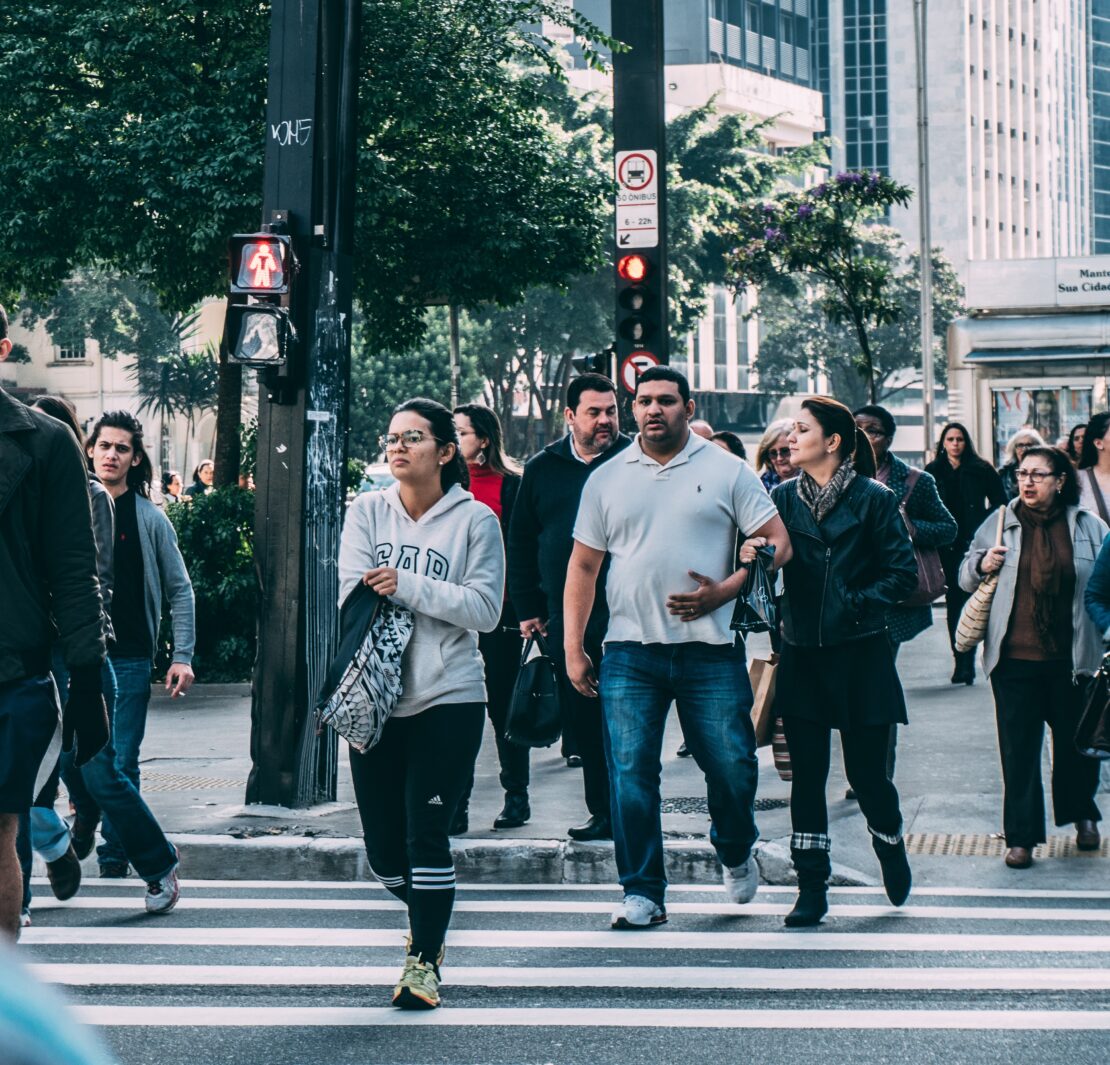Since the onset of the COVID-19 global health pandemic, public and healthcare officials have mentioned herd immunity as the key to return to a semblance of normalcy. True, herd immunity worked with other infectious diseases, such as smallpox and polio. However, is it possible with the unprecedented COVID-19 virus?
What Is Herd Immunity?
Herd immunity is a means of infectious disease control. It is a way of protecting communities against infections, especially members who are vulnerable, compromised, or susceptible to complications. In essence, herd immunity slows the spread and transmission of infectious diseases, like COVID-19.
Achieving Herd Immunity
Herd immunity is achieved in two ways: direct infection or vaccinations. The body creates antibodies to fight off infectious diseases. In theory, people who recovered from a COVID-19 infection should have antibodies to protect against future infections.
Vaccines offer direct effects to the individual; it protects them against the virus. The protection doesn’t mean they are immune to the virus. However, it does reduce their chance of infection and complications. Vaccines don’t solely protect the vaccinated individual. They also indirectly protect unvaccinated people.
Herd Immunity and COVID-19
The verdict is out on whether herd immunity is possible in the era of COVID-19. According to the experts, we achieve herd immunity once 50-90% of the population is immune. We currently have COVID-19 vaccines, and roughly 48.5% of the U.S. population is vaccinated. However, others believe that even with vaccines, we will never achieve herd immunity. COVID-19 variants are emerging that are more transmissible, infectious, and resistant to our current vaccines. These variants pose threats of reinfections, infections in fully vaccinated individuals, and a surge in COVID-19 cases. We also don’t yet know how much immunity a COVID-19 vaccine or antibodies offers or how long the immunity lasts.
It is imperative that we, as a nation, continue to work together to overcome this ongoing health crisis. Vaccines don’t yet mean that we’re in the clear. We face a long road ahead to achieving herd immunity. Thus, we must be diligent in our infectious prevention strategies, including mask-wearing, hand-washing, social distancing, testing, and quarantining.

